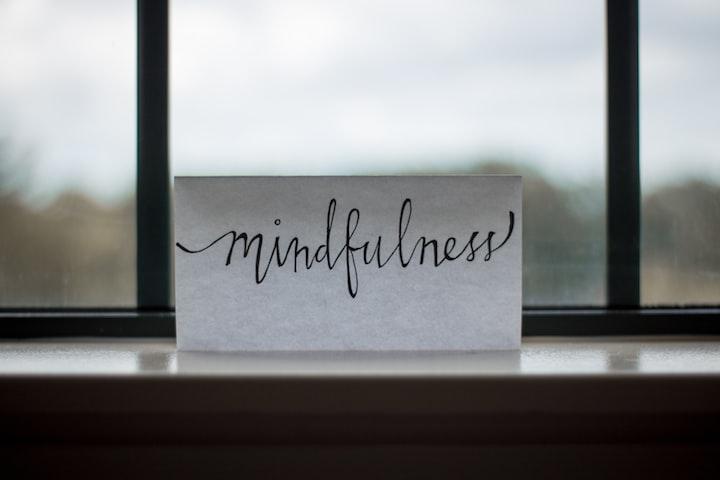Change in sleeping habits
If you notice a change in your own sleep patterns or those of a loved one, it’s important to pay attention. While a change in sleep habits can be caused by many things (including stress and illness), it can also be an early sign of mental illness. If you’re concerned about someone’s mental health, don’t hesitate to reach out for help.
Low energy
A person with a mental disorder may have difficulty concentrating. This can make it hard to perform everyday tasks, such as going to work or school, or taking care of personal belongings.
A person with a mental disorder may feel hopelessness and despair. This can lead to thoughts of suicide or self-harm.
A person with a mental disorder may have changes in eating habits. This can cause weight gain or loss, as well as other health problems.
A person with a mental disorder may have changes in sleep patterns. This can include difficulty falling asleep, staying asleep, or waking up early in the morning.
A person with a mental disorder may experience changes in mood swings. These swings can range from feeling sad and hopeless to feeling elated and happy for no apparent reason. If left untreated, mood swings can become more extreme and erratic over time.
Difficulty interacting
Mental disorders can make it difficult for people to interact with others. This may be due to problems with communication, social skills, or understanding of social cues. People with mental disorders may seem irritable, withdrawn, or unable to relate to others. They may have difficulty making eye contact, reading body language, or understanding sarcasm and jokes.
Uncontrollable emotions
One of the main signs that you may be suffering from a mental disorder is if you find it difficult to control your emotions. This can manifest itself in a number of ways, such as feeling constantly on edge, feeling like you’re in a constant state of anxiety, or feeling depressed and hopeless. If you find it hard to cope with your day-to-day life because of your emotional state, then it’s likely that there’s something more going on than just normal stress and anxiety.
Another sign that your emotional state is out of control is if you find yourself engaging in self-destructive behaviors. This could include things like drinking or using drugs excessively, harming yourself physically, or engaging in risky behaviors that could lead to serious injury or death. If you can’t seem to stop yourself from engaging in these kinds of activities even though you know they’re harmful, it’s a sign that something is seriously wrong.
If you find that your emotions are so intense that they’re interfering with your ability to function normally, this is another red flag. For example, if you’re so depressed that you can’t get out of bed and face the day, or if your anxiety is so severe that it prevents you from leaving the house, these are both signs that something isn’t right. It’s important to seek help if your emotional state is starting to affect your life in a negative way.
In addition to difficulty controlling emotions, another sign of a mental disorder is having persistent and intrusive thoughts. These could be thoughts about harm coming to yourself or others close to you, obsessing over someone who doesn’t reciprocate your feelings, or fixating on dark and disturbing images. If these kinds of thoughts are constantly running through your head and causing distress, it’s worth considering whether there might be an underlying problem.
